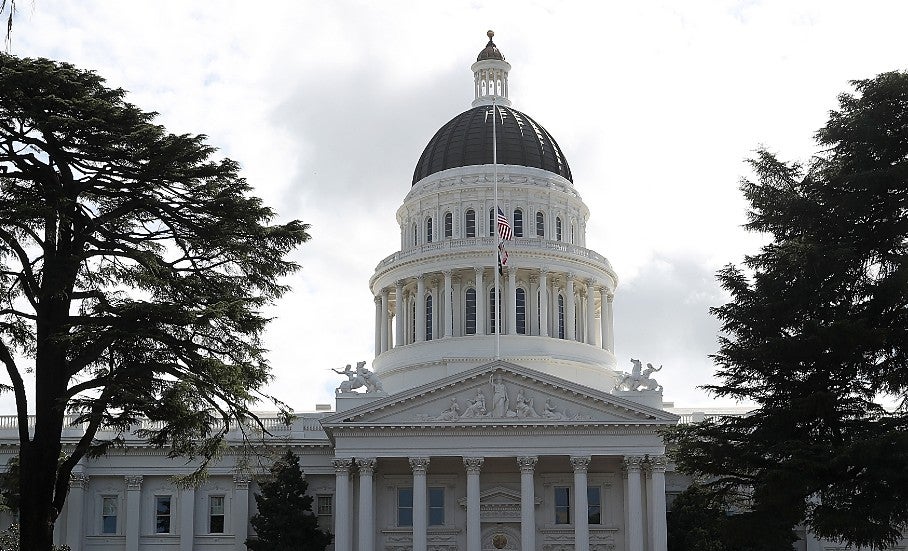A bill in the California state legislature that would have created a system to provide universal healthcare failed to pass on Monday after Democrats were unable to gather the needed support for the legislation.
Democratic state lawmaker Ash Kalra, the author of the bill that failed to make it out of the state Assembly, did not bring it up for a vote on Monday after realizing there were not enough votes to pass it. The bill failed to meet a deadline by midnight on Monday in order to have a chance at becoming a state law this year.
“It became clear that we did not have the votes necessary for passage, and I decided the best course of action is to not put AB 1400 for a vote today,” Kalra said according to The Associated Press.
“Although the bill did not pass the Assembly by today’s deadline, this is only a pause for the single-payer movement; our coalition, including the mighty California Nurses Association, will continue the fight for accessible, affordable, and equitable healthcare for all Californians,” Kalra added.
If passed, the bill would have made California the first state in the U.S. to have universal, single-payer healthcare
Assembly Speaker Anthony Rendon (D), also expressed disappointment that the bill had not been brought up for a vote.
“With time, we will have better and more successful legislation to bring us closer to this goal,” said Redon. “I expect more and more of my colleagues to sign on, so we can make California a health care justice leader.”
The bill did not state how much universal healthcare in California would cost, with Democrats filing another bill that would impose heavy taxes on businesses and individuals in hopes of separating the two issues and pay for the proposed system.
While previous studies have estimated that universal health care would cost around $350 billion, the AP noted that California is currently on pace to pay over $500 billion in health care this year.
As KRON noted, some Democrats and Republicans in the California state Assembly opposed the bill due to having too many unknowns, such the cost and how it would affect retirees and medical workers.
The bill was also opposed by business organizations such as the California Chamber of Commerce. Preston Young, president of the organization, said at the time, “It is not a time to experiment with a brand new, state-run bureaucracy funded by unsustainable taxes placed on employers trying to survive a pandemic.”
California Gov. Gavin Newsom Gavin NewsomThe Super Bowl of hypocrisy comes to California as the homeless get hidden Los Angeles lawmakers vote to support ban on new oil wells Newsom, California lawmakers reach deal on COVID-19 sick pay MORE ran for office by proposing his own version of universal healthcare. During a budget presentation earlier this month, Newsom proposed spending an additional $2.2 billion annually to expand Medi-Cal, California’s Medicaid program, in order to include millions of uninsured residents regardless of their immigration status.
Gavin NewsomThe Super Bowl of hypocrisy comes to California as the homeless get hidden Los Angeles lawmakers vote to support ban on new oil wells Newsom, California lawmakers reach deal on COVID-19 sick pay MORE ran for office by proposing his own version of universal healthcare. During a budget presentation earlier this month, Newsom proposed spending an additional $2.2 billion annually to expand Medi-Cal, California’s Medicaid program, in order to include millions of uninsured residents regardless of their immigration status.
“California is poised to be, if this proposal is supported, the first state in the country to achieve universal access to health coverage,” Newsom said. “We said we’re going to do it. We said it would take a few years. We’re committed to doing it.”
Currently, over 3 million Californians are uninsured, representing nearly 10 percent of the state’s population. Under Newsom’s proposal, roughly 700,000 uninsured people would be covered.





